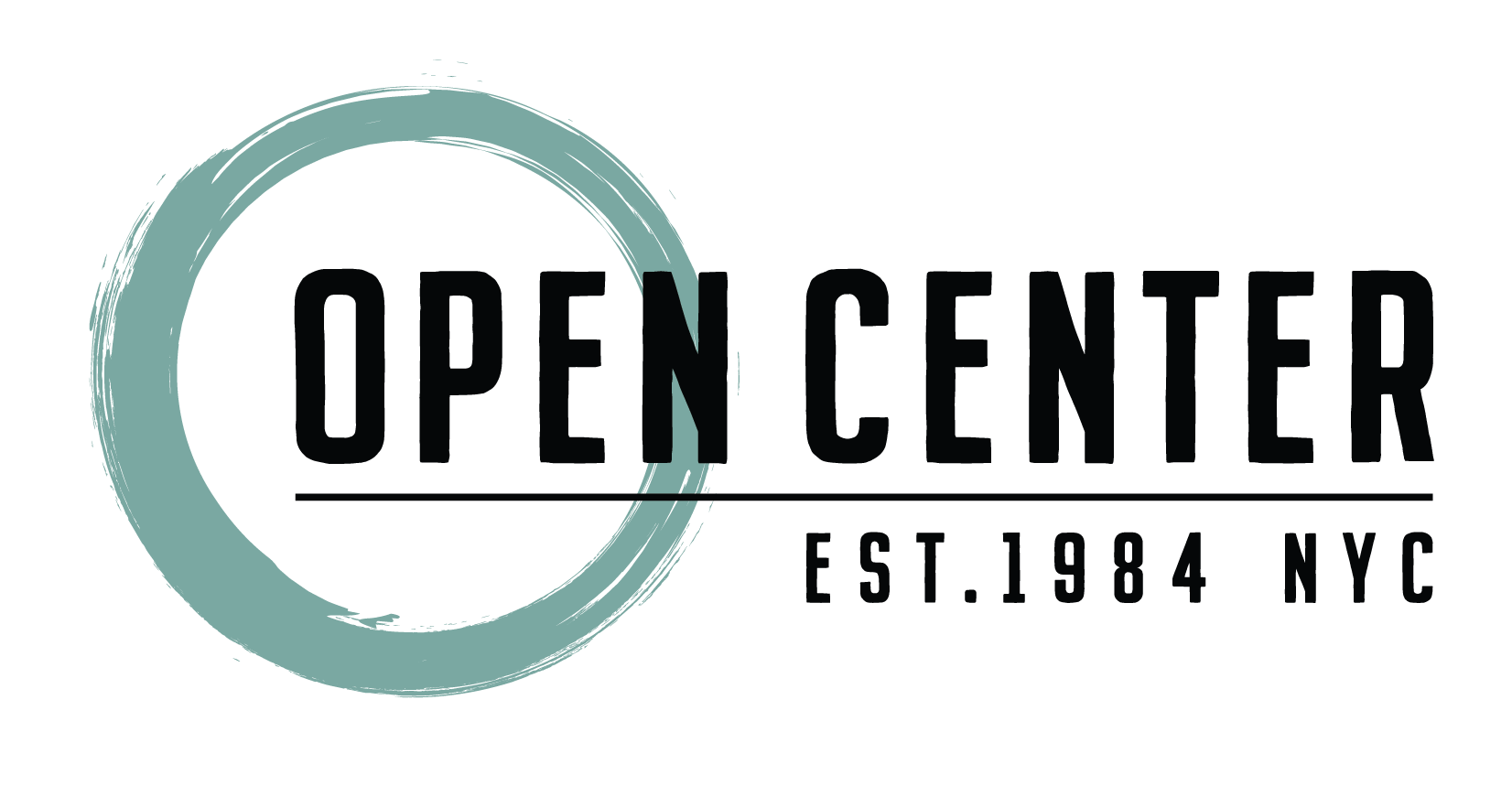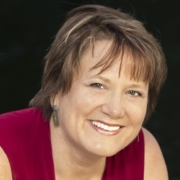By Jan Booth, MA, RN, NC-BC
Having been part of the early years of the hospice movement, I’m heartened by the emergence of a new leading edge of end-of-life care. These emerging models may be a sign that Americans are moving towards a tipping point in our cultural conversation about death and dying. Big shifts and transformations are shaking things up. The new growth of innovation is moving from the edges of our culture, but not yet mainstream. Whether the new models are drawing from older wisdom or from fresh thinking, the central theme appears to be the returning of death to its place in the cycle of living and dying and to its place in the center of our families and communities. People are finding creative ways to bring death more into the light of day, bringing with it a sense of naturalness and familiarity. I clearly see a re-calibration away from the direction of modern techno-medical dying, moving instead towards dying as a meaningful developmental stage of life.
To engage with issues of aging, living with advanced illness and dying often places us on the margins – as these are the edges of our culture’s comfort zone. With our strong cultural orientation towards youth, achievement, materialism and a “can-do” spirit, reflections and intentional preparation for frailty and diminishment – let alone death – are edgy topics. In spite of that, there seems to be much interest in a different approach to the last part of our lives. I see two central themes that shape this emerging ‘forward edge’ of how we die – understanding death and dying from a deeper place of wisdom and engaging with fresh and innovative thinking about death. Some inspiration rests solely in an exploration of collective human wisdom or wisdom traditions within spiritual study, and some of the fresh thinking results from a contemporary mindset of the 21st century. The overlap is found in new innovations that draw from accumulated human wisdom. The fifteen sessions of The Art of Dying Integrative Thanatology Certificate Program represent innovative thought and wise practices for our times.
I’ve heard people say that it’s hard to define wisdom, but you know it when you hear it. When I conceive of wisdom, I draw from the deep well of past experiences, shared human knowledge, spiritual truths that have evolved through millennia and a perspective that is big enough to hold life’s challenges and paradoxes. Wisdom comes slowly, from contemplation and a mind that develops awareness. It also emerges slowly through our experiences – from the ups and downs we’ve weathered, from accumulated lessons learned, or even from the innocence of children who speak without pretense. It is the core that spiritual and religious traditions have in common. And it draws heavily from values of love, compassion, fairness, balance and personal transformation.




